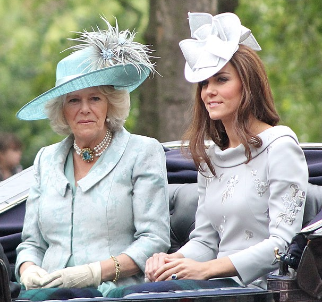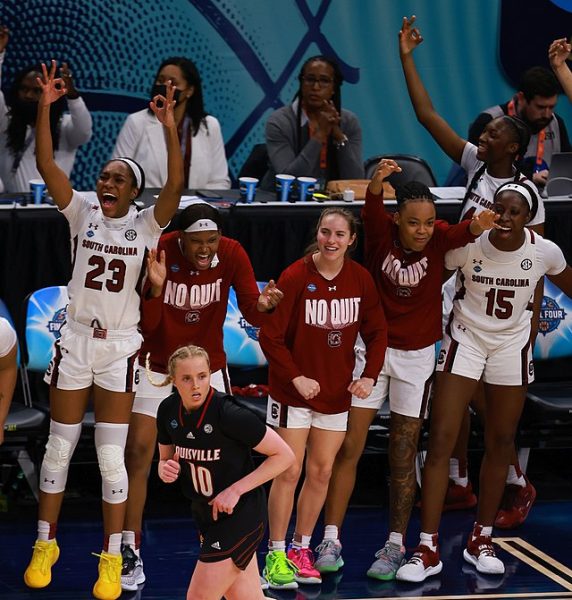Studying abroad cultivates personal interests
May 23, 2017
While some were swimming or tanning, junior Annabelle Leung spent four weeks last summer in Beijing, visiting historical sites like the Great Wall of China and Forbidden City and taking Mandarin classes to improve her fluency.
“I adapted super quickly to being in China and away from home because I was with a lot of friends who were going through the same situation,” Leung, who participated in the Middlebury Interactive Language Summer Program, said, “but because I didn’t have my parents with me, I could only rely on myself to be responsible and keep track of everything.”
Not having parents around, the distance from home, and length of summer abroad programs can cause homesickness. Leung recommends finding an aspect of the new environment that is reminiscent of home to avoid this feeling.
“I was with Jocey [Shilakes] and she has family friends who lives in China who taught us how to make Chinese dumplings,” Leung said. “I felt really at home with them because they treated us like family.”
Traveling internationally also comes with facing language barriers and finding new methods of communication, according to senior Ally Arora, who visited the Dominican Republic for two weeks last summer for a leadership camp through Rustic Pathways.
“My whole group and I planned a camp for underprivileged kids from a small town in the area,” Arora said. “The kids spoke a language that was a mix of Spanish and French. I take Spanish but I’m not great at it, but they also integrate French into their Spanish which was really confusing, so we had to learn how to communicate with them through body language.”
The best way to fully immerse in a culture is interacting with the people, according to sophomore Isis Boivin, who spent 18 days in Ecuador and Galapagos through a National Geographic photography program.
“When taking portraits, you have to talk to the person before you start taking pictures,” Boivin said. “It was eye-opening. You could say that about any trip, but there is something special about meeting different people and just getting to know their lifestyle by having conversations with them.”
Summer abroad programs also provide opportunities to experience a culture first-hand, which may be more difficult to do as just a vacationer.
“One of the places we stayed at was run by a family and we were the only ones there so we interacted with them,” Boivin said. “During free time, we’d play soccer with the kids and immerse ourselves that way. Most of the food we were served was locally grown and not bought from grocery stores, and the recipes were traditional.”
Arora says every student should try to travel abroad during summer in high school, as it may develop a new interest.
“Being able to travel at this age has definitely led me to do this in college,” Arora, who will study in Rome for her first year of college, said. “But it’s scary. I’m definitely pushing myself and even though I’ve experienced it, it was just two weeks compared to a full year, but I might find another interest of mine when I’m abroad again.”


















